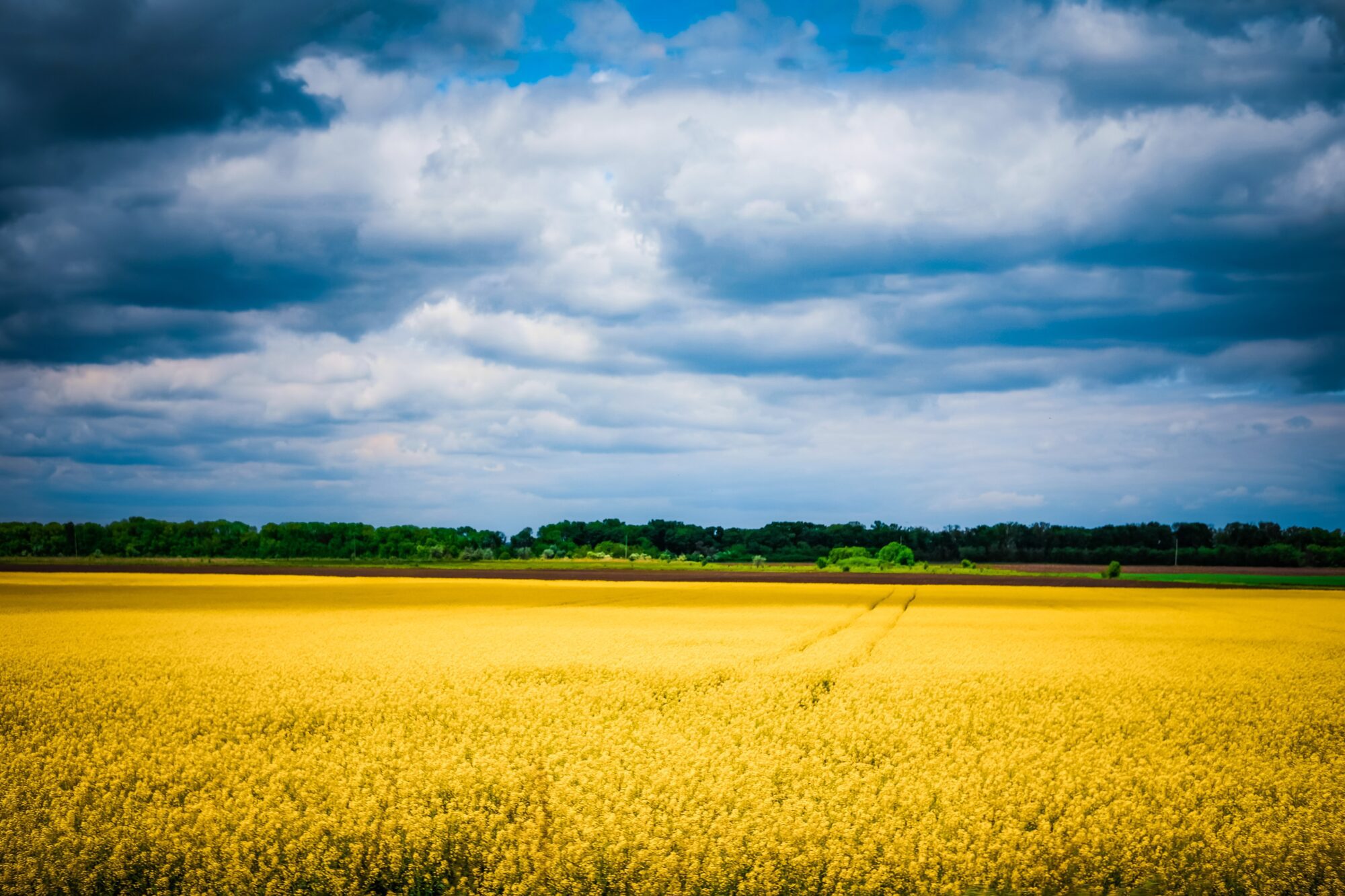
The EU Commission laid another chip on the table in the ongoing negotiations between Brussels and eastern European countries that have unilaterally blocked imports of Ukrainian grain and other agricultural products.
Since the beginning of April, first Poland and then Slovakia, Hungary, Romania, and, most recently, Bulgaria, declared imports of Ukrainian grain not welcome in their countries, after farmers protested that the influx of duty-free wheat was pushing down prices.
Ukraine is considered one of the world’s ‘breadbaskets’ for good reason: its cereals account for 10% of the world wheat market, 15% of the corn market, and 13% of the barley market, according to the European Commission.
When Russia blockaded the Black Sea shortly after its full-scale invasion of Ukraine in February 2022, food prices shot up and starvation loomed on the horizon for much of Africa and Asia. Ukraine and its farmers also needed the cash that selling the silos upon silos of cereals would bring in.
In May 2022, the EU established “solidarity lanes” designed to bring Ukrainian grain into Europe by land, from where it could be further distributed. It also annulled tariffs on Ukrainian products.
But according to farms in the countries bordering Ukraine, the beleaguered country’s products are stuck in their countries and undercutting their markets.
In mid-April, the European Commission started dangling its chequebook to try to appease farmers and governments in ‘frontline countries’ most affected by the Ukrainian imports. On Thursday, April 19th, the Commission offered them an extra €100 million of support and spoke of possible emergency “preventive measures” for wheat, maize, sunflower seeds, and rape seed. The affected countries wanted more, demanding that additional products including honey, eggs, dairy, and meat be included. The Commission argued back that the cereals and seeds covered 80% of the Ukrainian imports, so adding other products wasn’t necessary.
Negotiations have continued. The EU commissioner for agriculture held a closed-door meeting with member states on April 25th.
In the press conference after the meeting, Commissioner Wojciechowski acknowledged, “We fully understand the five member states’ request to introduce measures against this oversupply of products from Ukraine because it creates many problems for the farmers.”
However, Euractiv reports that a source who attended the meeting said the Commissioner “stressed that [member states] will need to lift unilateral measures in order to receive support.”
The EU executive has not provided details about how the funding will be given out.
Poland—which has led the block of Ukrainian products into the EU—has been one of the most generous European countries in its military support to Ukraine, clearly seeing Ukraine’s defence closely linked to its own security. But the closer relationship with the EU that the war has brought is also a testing ground for how a future Ukraine membership in the common market will affect current member states and the common market.
